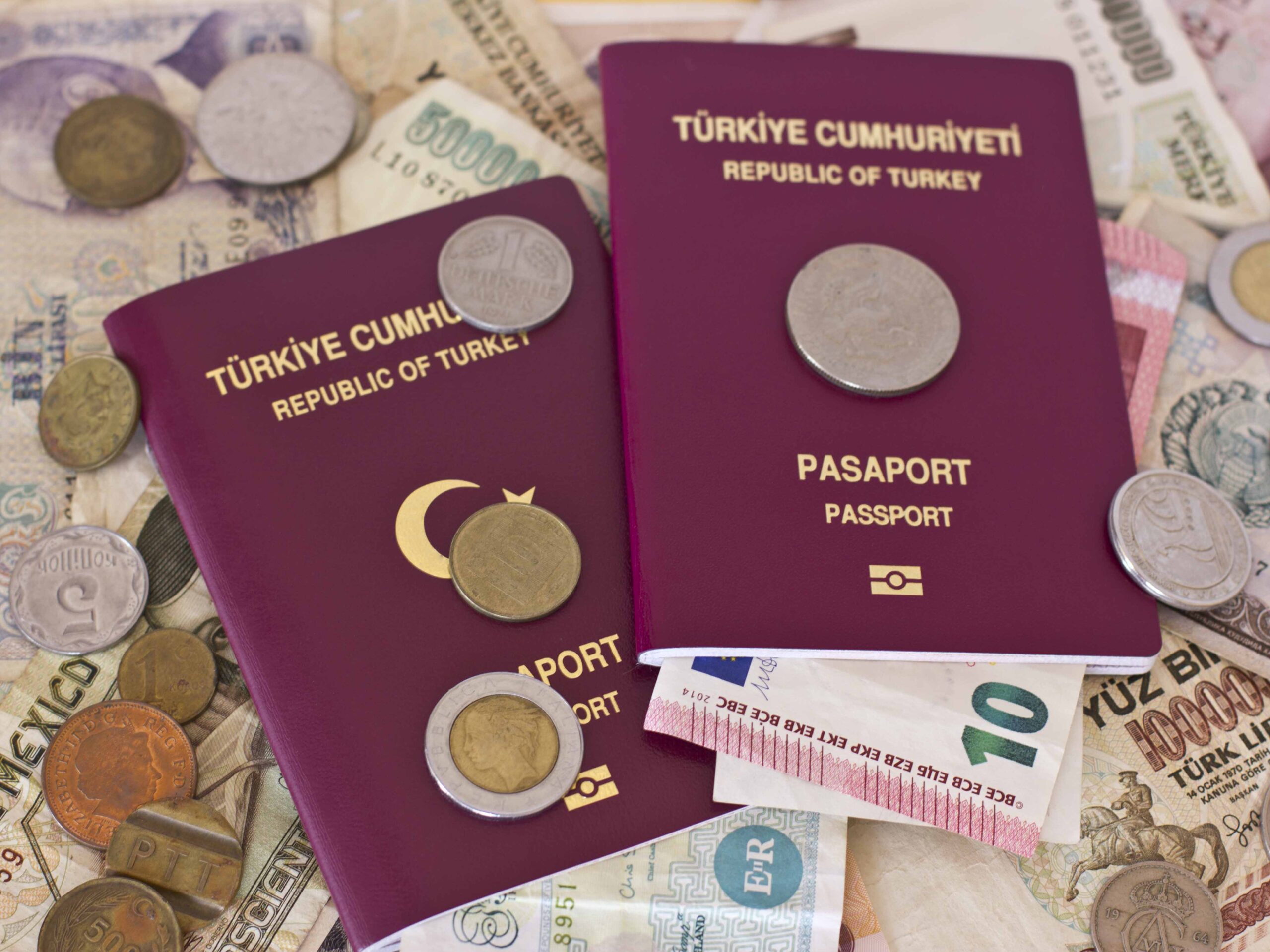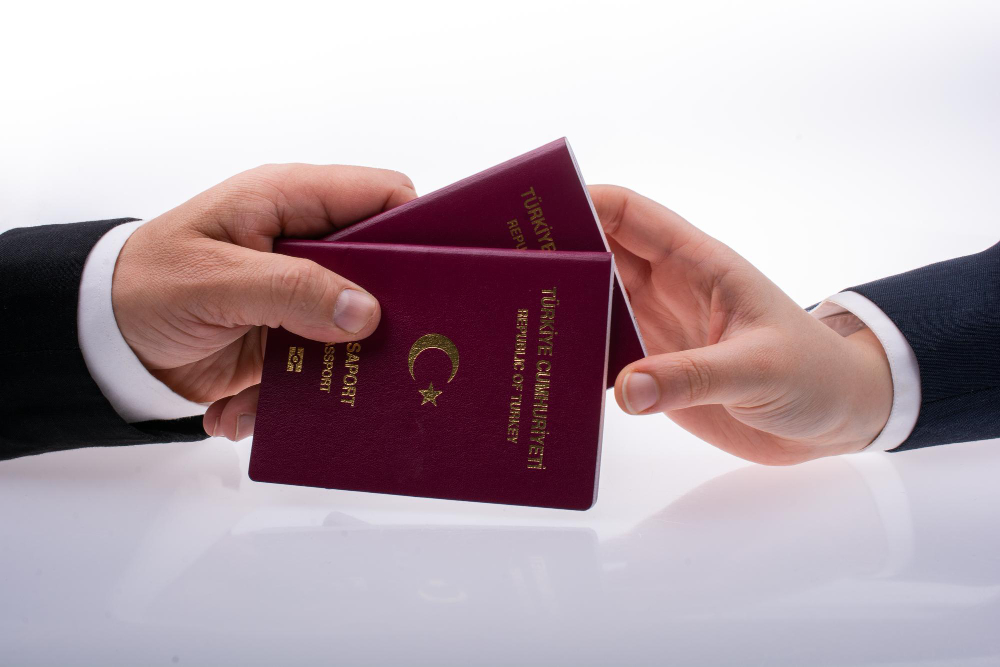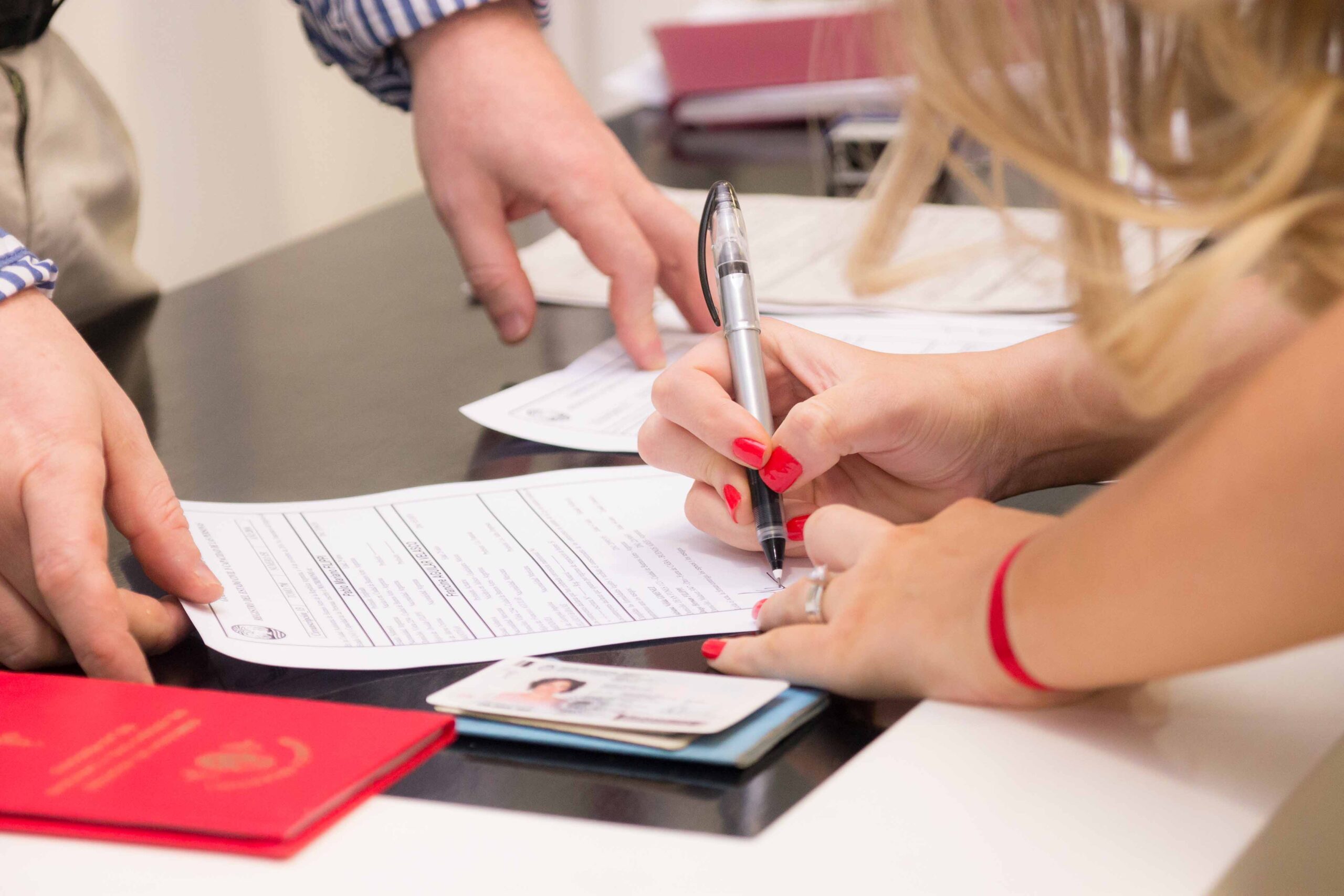Documents required for turkish citizenship

Gaining Turkish citizenship can open doors to a host of benefits including visa-free travel, business opportunities, and the right to live in a culturally rich, strategically located country. The process of becoming a Turkish citizen involves several legal steps—one of the most important being the submission of the correct documents. In this detailed guide, we’ll walk you through the documents required for Turkish citizenship, categorized by the method of application.

All applicants must submit a core set of documents that apply regardless of the route to citizenship. These include:
- Valid Passport (translated into Turkish and notarized)
- Birth Certificate
- 4 Biometric Photos (recent, with a white background)
- Completed Turkish Citizenship Application Form
- Criminal Record Certificate (from both your home country and Turkish authorities)
- Proof of Residence in Turkey (e.g., a rental contract or utility bill)
- Health Insurance Certificate (if applicable)
- Payment Receipt (proof of application fee payment)
These documents form the foundation of your application and are essential for all types of citizenship pathways.

For investors, Turkey offers an expedited citizenship process if you meet the investment threshold. However, this option comes with its own documentation requirements. You will need to provide:
- Proof of Investment
- Title deed for property purchases
- Bank transfer receipts
- Capital investment documents
- Shareholding certificates (if investing in a Turkish business)
- Real Estate Valuation Report (approved by a licensed Turkish authority)
- Turkish Tax Identification Number
- No Debt Certificate from the Turkish Tax Office
- Marriage Certificate & Children’s Birth Certificates (if applying as a family)
- Power of Attorney (if an agent or lawyer is filing on your behalf)
Investment documents must be precise and verifiable. It’s also highly recommended to work with a certified investment consultant to avoid legal errors.

Those married to a Turkish citizen for at least three years may apply for citizenship based on their relationship. The Turkish government evaluates the authenticity and continuity of the marriage. Key documents include:
- Marriage certificate
- Turkish ID card and a copy of your spouse’s nüfus kayıt örneği (civil registry)
- Proof of cohabitation (joint lease, utility bills, or official address registration)
- Statement of intent to continue the marriage
- Interview report with immigration officials (conducted as part of the process)
If you have children from the marriage, their documents may also be required. Your ability to speak Turkish will typically be evaluated during your in-person interview.

If you were born to at least one Turkish parent or can trace your ancestry, you may be eligible to claim Turkish citizenship by descent. The documentation here focuses on proving lineage and legal ties to Turkey. Necessary documents:
- Your parent’s Turkish ID or nationality certificate
- Your birth certificate showing parent names
- A genealogical certificate or population registry extract (nüfus kayıt örneği)
- Any available records demonstrating an unbroken Turkish bloodline
You may also be asked for apostilled and translated versions of foreign-issued documents.

Foreigners who have resided in Turkey continuously for at least five years may apply for citizenship through naturalization. However, they must prove legal and financial stability. In addition to the general documents, you’ll need:
- Residence Permits (covering a 5-year uninterrupted period)
- Proof of Income
Employment contracts
Payslips or bank statements
Tax declarations (if self-employed)
- Language Proficiency (Turkish speaking skills are usually evaluated during an interview)
- Social Integration Proof
School attendance for children
Participation in local community activities
This pathway requires you to demonstrate long-term commitment and successful integration into Turkish society.

While a formal certificate isn’t always required, the ability to speak basic Turkish is mandatory for most non-investment routes. During your interview, you’ll be asked simple questions to gauge fluency. However, presenting a certificate from a recognized Turkish language institution can help speed up the process and show your seriousness.
Although hiring an immigration lawyer is not a legal requirement, many applicants prefer to work with a licensed professional to ensure the accuracy and completeness of their application. If you choose this route, you’ll need to submit a notarized power of attorney authorizing your representative to act on your behalf throughout the citizenship process.

Foreign documents must be:
- Translated into Turkish by a certified sworn translator
- Notarized by a Turkish notary or Turkish consulate abroad
- Apostilled, depending on the issuing country and agreement with Turkey
For example, your birth certificate and criminal background check from your home country must follow these steps before submission.
Once all documents are prepared, your application must be submitted in person. This can be done at the Provincial Directorate of Civil Registration and Citizenship Affairs in the city where you reside, or at the Turkish consulate if applying from abroad. In some cases, particularly for investment-based applications, your legal representative can submit the file on your behalf with the appropriate power of attorney.

After submission, your documents will go through a preliminary review to ensure completeness. Then, a security check is conducted by the Turkish authorities. If needed, an interview will be scheduled, especially for applicants by marriage or long-term residence. The final stage is approval by the President of Turkey, after which you will receive your Turkish citizenship certificate and can apply for a Turkish ID and passport.
The timeline can vary depending on the application type and the correctness of your documents. Citizenship by investment typically takes between three to six months, while other routes, such as long-term residence or marriage, may take up to a year. Missing or improperly prepared documentation is the most common cause of delay.
Applicants are often rejected or delayed due to a few common issues—such as submitting documents that haven’t been translated or notarized, forgetting to include required certificates, or using expired IDs. Ensure that all paperwork is up-to-date, accurately translated, and legally verified before submission.
Applying for Turkish citizenship can be a smooth experience if you gather the correct documents and follow official procedures. Whether you’re investing, marrying, residing long-term, or claiming ancestry, your documentation is the backbone of your application. Make sure everything is correctly translated, notarized, and submitted to the appropriate authority. With the right preparation, you could soon be holding your Turkish ID and passport.
🌐 Website: www.besthouseturkey.com
📞 WhatsApp: [+90 532 607 37 01]
📧 Email: [email protected]



